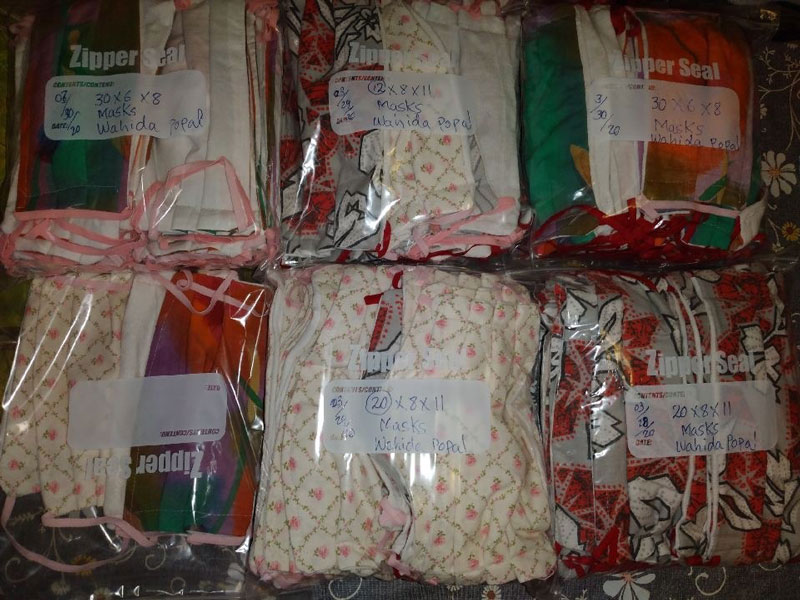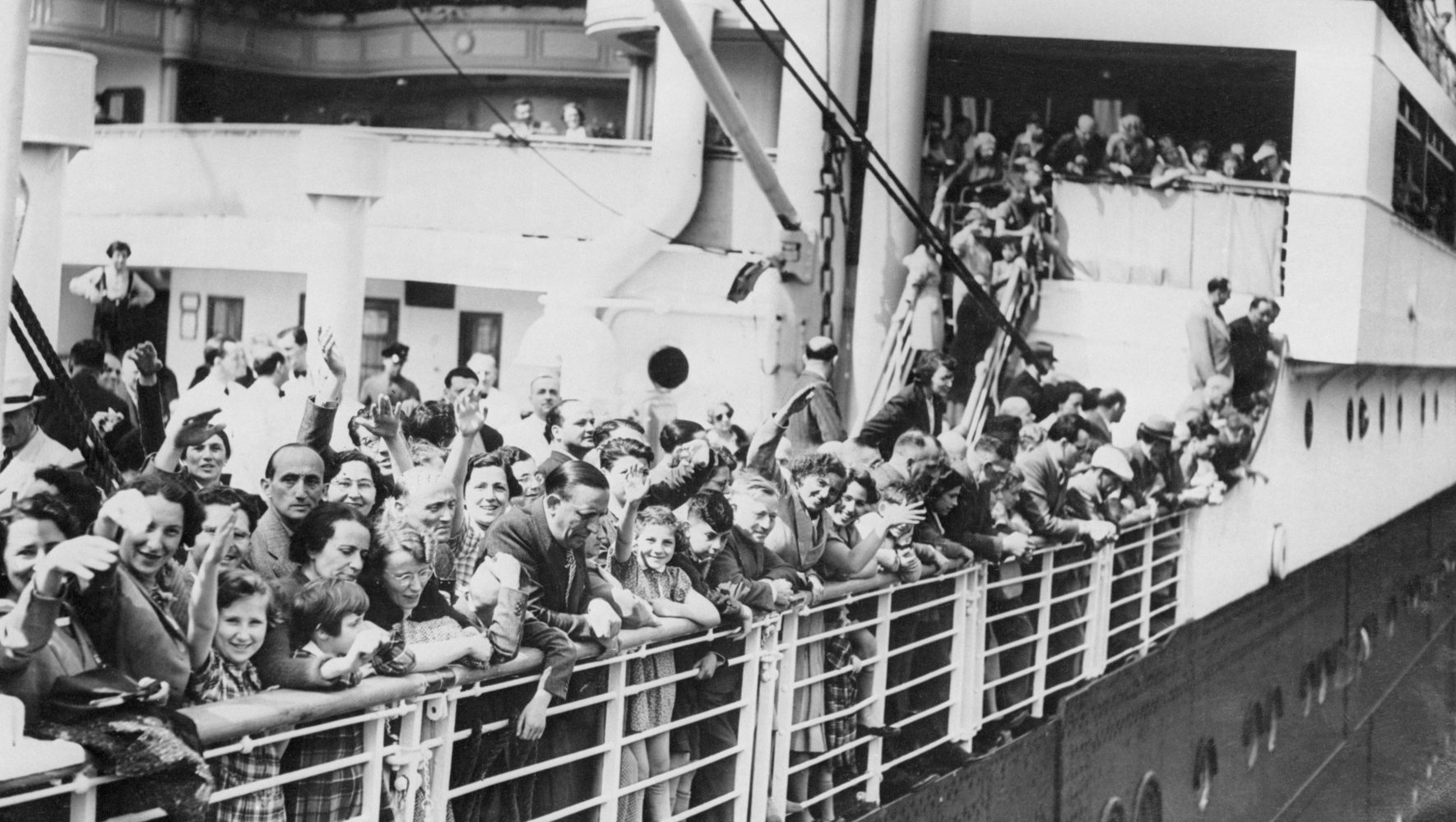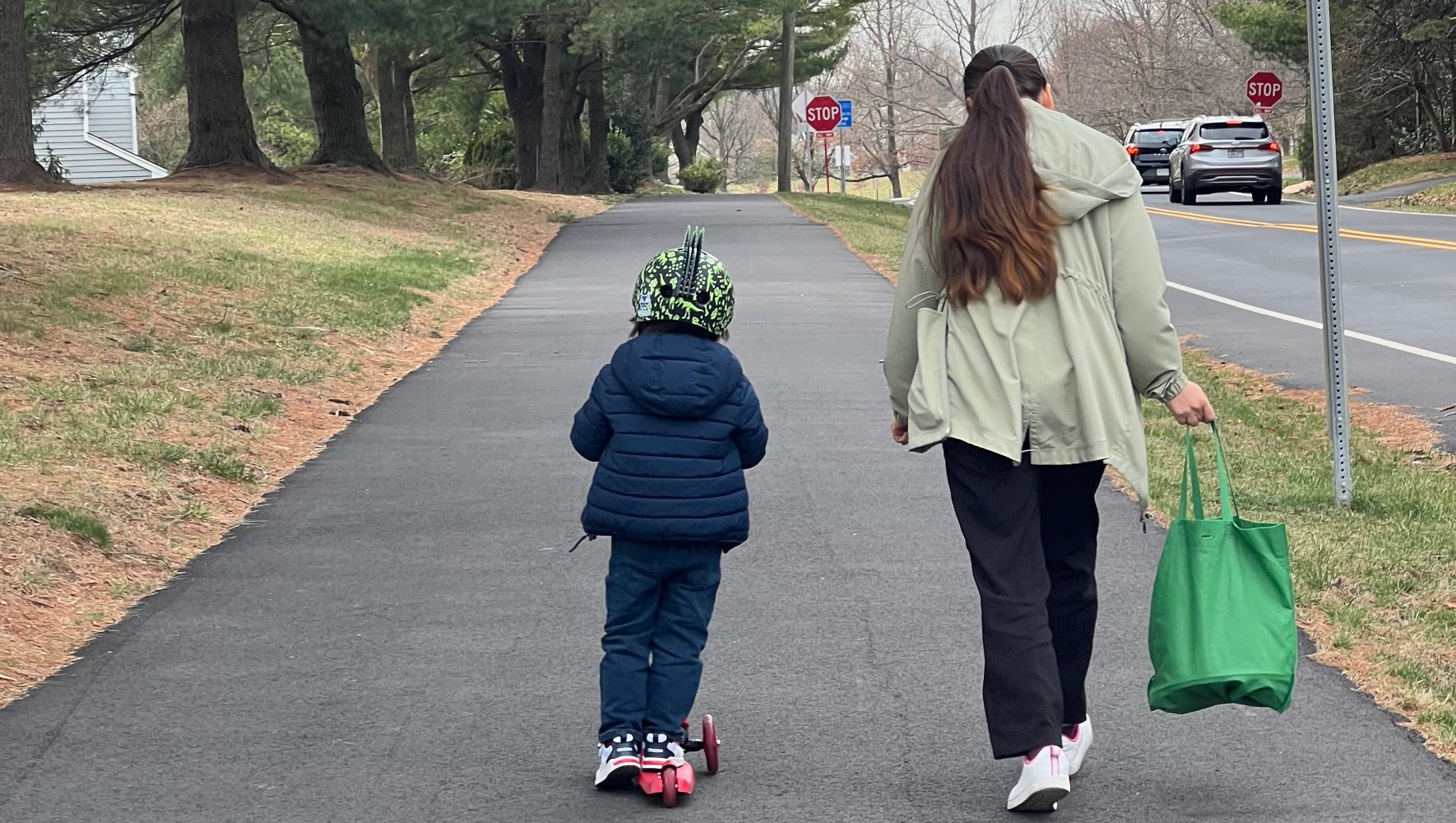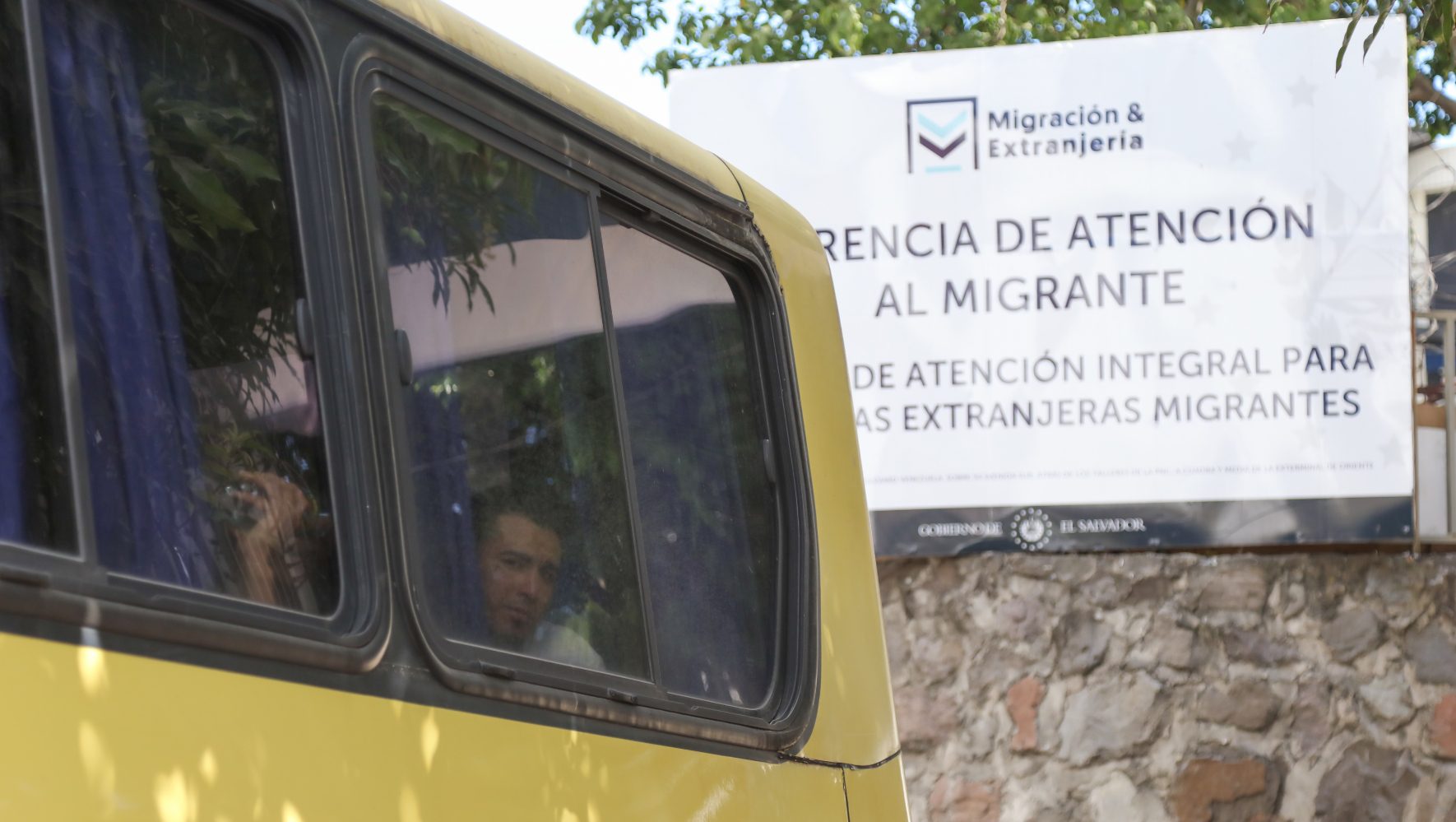Refugees Answer the Call to Help in New York
By Sharon Samber, HIAS.org
Apr 22, 2020

Dozens of masks to be delivered to health care workers were made by Wahida Popal, as she and other refugees do their part to help during the pandemic.
(Holly Rosen Fink)
As the New York metropolitan area fights the worst outbreak of COVID-19 in the United States so far, New York Gov. Andrew Cuomo, along with state and local officials, has put out the call for help. Farid and Wahida Popal have answered.
The Popals were resettled in the U.S. from Afghanistan through the special immigrant visa program for Afghan and Iraqi interpreters and translators who worked for the U.S. Government and whose safety was threatened as a result. HIAS helped resettle the Popals and their four boys, aged 8-15, in Yonkers, N.Y., about two years ago, and the family has adjusted well.
Then came COVID-19, upending their lives alongside everyone else’s. But the Popals wanted to help and not just hunker down. Farid, already working as a patient care technician at White Plains Hospital, joined their virus response team. He sometimes works in a tent outside the hospital, helping triage patients by categorizing their symptoms.
“I’m proud to help,” he said. “I’m not really scared to go to my job. It’s good to work hard on the front lines.”
Meanwhile, Wahida is working through Neighbors for Refugees (NFR), the Westchester County HIAS partner that helped resettle the family. She has made more than 700 protective masks for Masks For NY, an organization working with volunteers to provide and distribute masks to health workers at hospitals and medical centers.
Holly Rosen Fink, the vice president of NFR and a co-founder of Masks for NY, explained that NFR has seven refugees making masks; the refugees have made more than 3,000 masks. The organization provides all materials, picks up the completed masks, coordinates all communication with the refugees, and has raised money to pay them for their work. Overall, the grassroots organization that the refugees are a part of has produced some 10,000 masks and distributed them to New York-Presbyterian, Columbia University Medical Center, Mount Sinai West, Queens Hospital, and other NY metro-area medical facilities.
The work of both Popals was featured in a story on NPR’s Morning Edition about Afghan refugees helping out during the pandemic. Mark Hetfield, HIAS’ president and CEO, was interviewed on the show and noted refugees’ gratitude toward their new country as well as their resilience.
“Refugees are inherently risk takers but they’re also inherently survivors,” Hetfield said.
The Popals are surviving and moving on with their work. Wahida is the most efficient sewer, able to make a mask in seven minutes, according to Fink. “Wahida told me she just wants to help,” Fink said. “She’s really dedicated.”
Fink believes that the mask initiative is empowering Wahida and others, and may even give Wahida the confidence to help her start a business after the pandemic.
Looking to the future as well, Farid says he wants his children to live peacefully, get educated, and have a good life. “That’s my only intent and my only hope,” he said.


